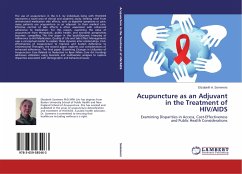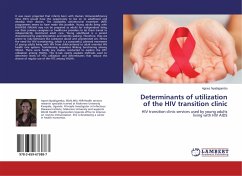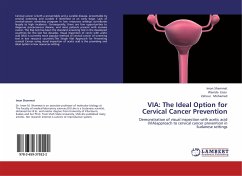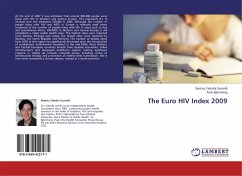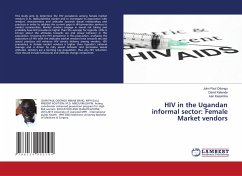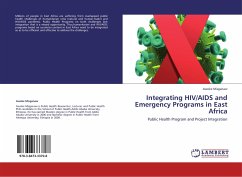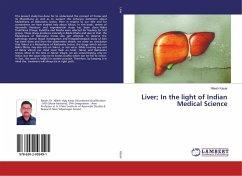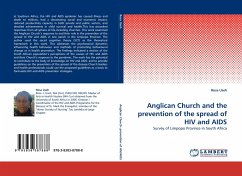
Anglican Church and the prevention of the spread of HIV and AIDS
Survey of Limpopo Province in South Africa
Versandkostenfrei!
Versandfertig in 6-10 Tagen
32,99 €
inkl. MwSt.

PAYBACK Punkte
16 °P sammeln!
In Southern Africa, the HIV and AIDS epidemic has caused illness and death to millions, had a devastating social and economic impact, reduced productivity capacity in both private and public sectors, and derailed achievements in child survival and health.This has provoked responses from all sphere of life,including churches. This work examined the Anglican Church's response to and their role in the prevention of the spread of HIV and AIDS in one parish in the Limpopo Province. The author used the social cognitive theory (SCT) as the theoretical framework in this work. This addresses the psycho...
In Southern Africa, the HIV and AIDS epidemic has caused illness and death to millions, had a devastating social and economic impact, reduced productivity capacity in both private and public sectors, and derailed achievements in child survival and health.This has provoked responses from all sphere of life,including churches. This work examined the Anglican Church's response to and their role in the prevention of the spread of HIV and AIDS in one parish in the Limpopo Province. The author used the social cognitive theory (SCT) as the theoretical framework in this work. This addresses the psychosocial dynamics influencing health behaviour and methods of promoting behavioural change as in health promotion. The findings indicated a section of the South African population's perceptions of the causes of HIV and AIDS and their Church's response to the pandemic. The work has the potential to contribute to the body of knowledge on HIV and AIDS, and to provide guidelines on the prevention of the spread of the disease.Church leaders and health professionals could use the proposed guidelines as a basis to formulate HIV and AIDS prevention strategies.



